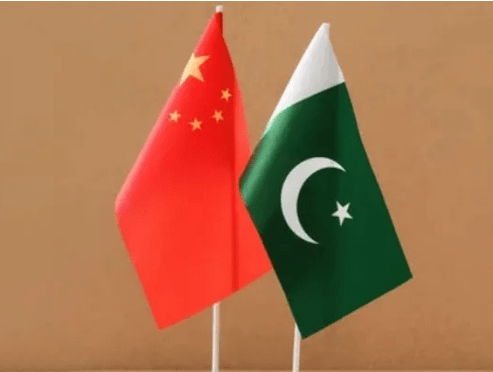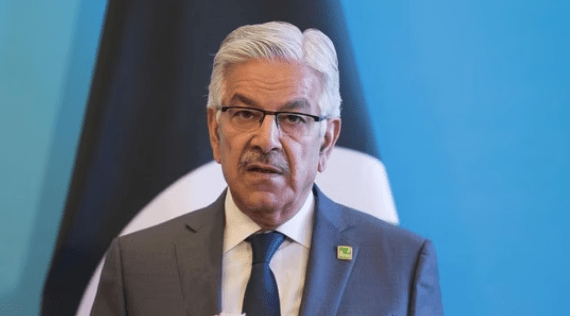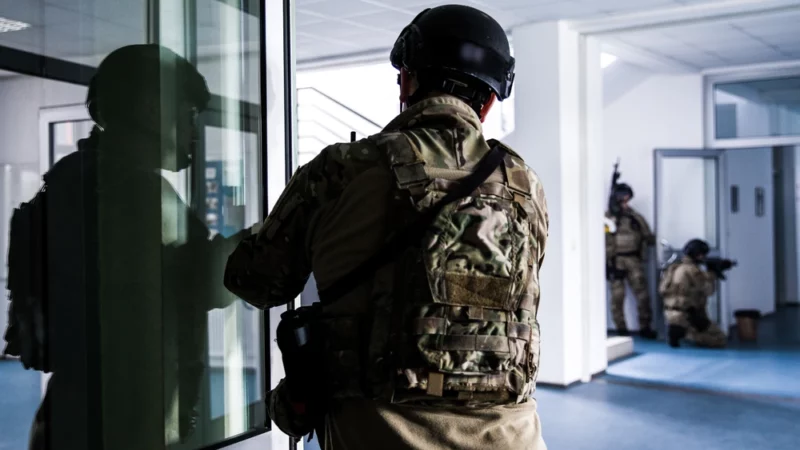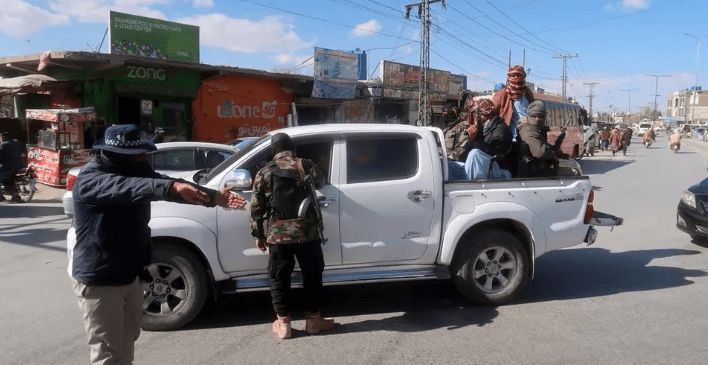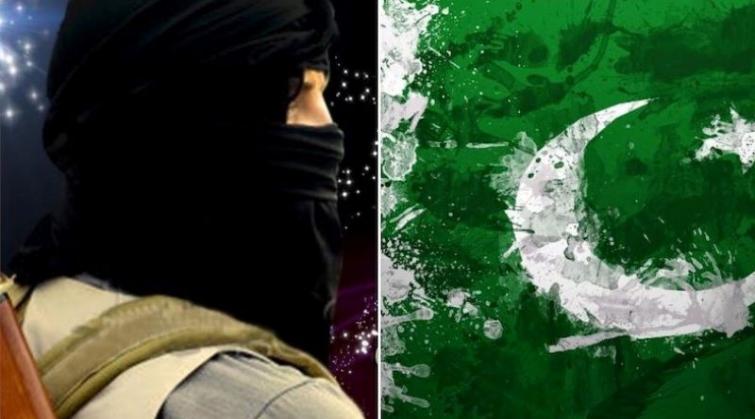Pakistan doesn’t require another return of Nawaz Sharif.
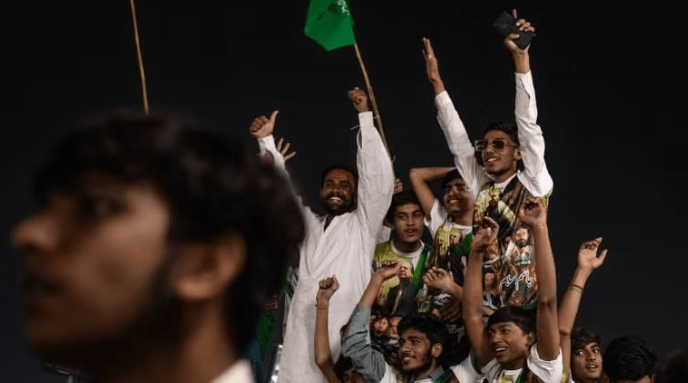
The country’s voters have grown weary of the failings of dynastic politics and are struggling with the prolonged cost-of-living crisis. The revolving door of political leadership where the baton passes with the approval of the Pakistan army and in spite of election outcomes has never served the country well
Nawaz Sharif, who in the past has served as prime minister three times, returned home Saturday after living in London in self-imposed exile for nearly four years. He’d left in 2019 after being granted bail to access medical treatment following his corruption conviction a year earlier, and is now his party’s prime ministerial candidate for next year’s election.
Pakistan’s citizens will be despairing. The revolving door of political leadership — where the baton is passed from powerful family to populist leader only with the approval of the military and in spite of election outcomes — has never served the country well.
There has been precious little stability in its turbulent history, and this moment is no different. Sharif’s rival, the former prime minister Imran Khan, is serving a five-year sentence for corruption and faces dozens more cases after falling out with the generals — always the real power in Pakistan.
Sharif, too, has had a hot and cold relationship with the generals: They came to blows in 2017, following an investigation triggered by the so-called Panama Papers which showed his family used offshore accounts to buy high-end London apartments. He denied the charges, saying they were politically motivated, but received a 10-year jail sentence in absentia. Recently, a court granted him bail ahead of his return — an indication that he is now back in the army’s favor. Still, there has been so little trust between Sharif and the generals it is hard to see this as any kind of lasting alliance.
One of the nation’s most prominent political dynasties, the Sharif family has loomed large in Pakistan’s public life for decades. His daughter, Maryam Nawaz, who was also arrested in connection with her father’s corruption case, was earlier this year appointed the senior vice president of their party. His brother, Shehbaz Sharif, led a coalition to topple Khan in a no-confidence vote in April last year and went on to be prime minister, though he has since handed power to a caretaker government.
The elder Sharif’s arrival ahead of elections expected early next year is a bid to catapult his party, the Pakistan Muslim League-Nawaz, to power. As it stands, he is currently disqualified from holding public office, but that could all change depending on the mood of the military (which denies it interferes in politics).
And though large crowds gathered in Lahore to welcome him, the main English-language newspaper, Dawn, said in an editorial that his speech was heavy on pathos, but devoid of force. Missing was a promised roadmap to pull Pakistan out of its economic crisis — one that my colleague Mihir Sharma has written must include shrinking the public sector and increasing the tax base to boost government revenue.
Sharif was key to shepherding through the $60 billion China-Pakistan Economic Corridor, part of President Xi Jinping’s Belt and Road Initiative. Beijing may look forward to seeing him back in power, though its investments in Pakistan can hardly be viewed as a success story. The nation continues to face an acute balance-of-payment crisis and depleting foreign exchange reserves. One-third of its debt is owed to China.
Also absent from his speech was a plan to cool escalating tensions with neighboring Afghanistan, which will be crucial for the safety of those campaigning in a nation where past election violence culminated with the assassination of a former prime minister.
The two nations have had tense relations since the Taliban returned to power in Kabul two years ago. Islamabad expected the militant group to surrender Afghan-based insurgents fighting against the Pakistani military and settle a long-running border dispute. It did neither, while the Tehrik-e-Taliban Pakistan, the offshoot of the Afghan Taliban, along with Islamic State affiliate, Islamic State in Khorasan Province, have intensified attacks on civilian targets. Islamabad’s recent decision to start expelling non-registered Afghans who fled across the border following the Taliban’s takeover risks exacerbating an already fraught situation.
There is no easy way out of this downward spiral. Voters have grown weary of the failings of dynastic politics and are struggling with the prolonged cost-of-living crisis. And even from behind bars, Khan is still immensely popular — his approval ratings reached 60 percent in July. So while Sharif’s return was dramatic, it does not guarantee him a political comeback. That may be a good thing for a nation so troubled that it needs to rebuild from the ground up.

